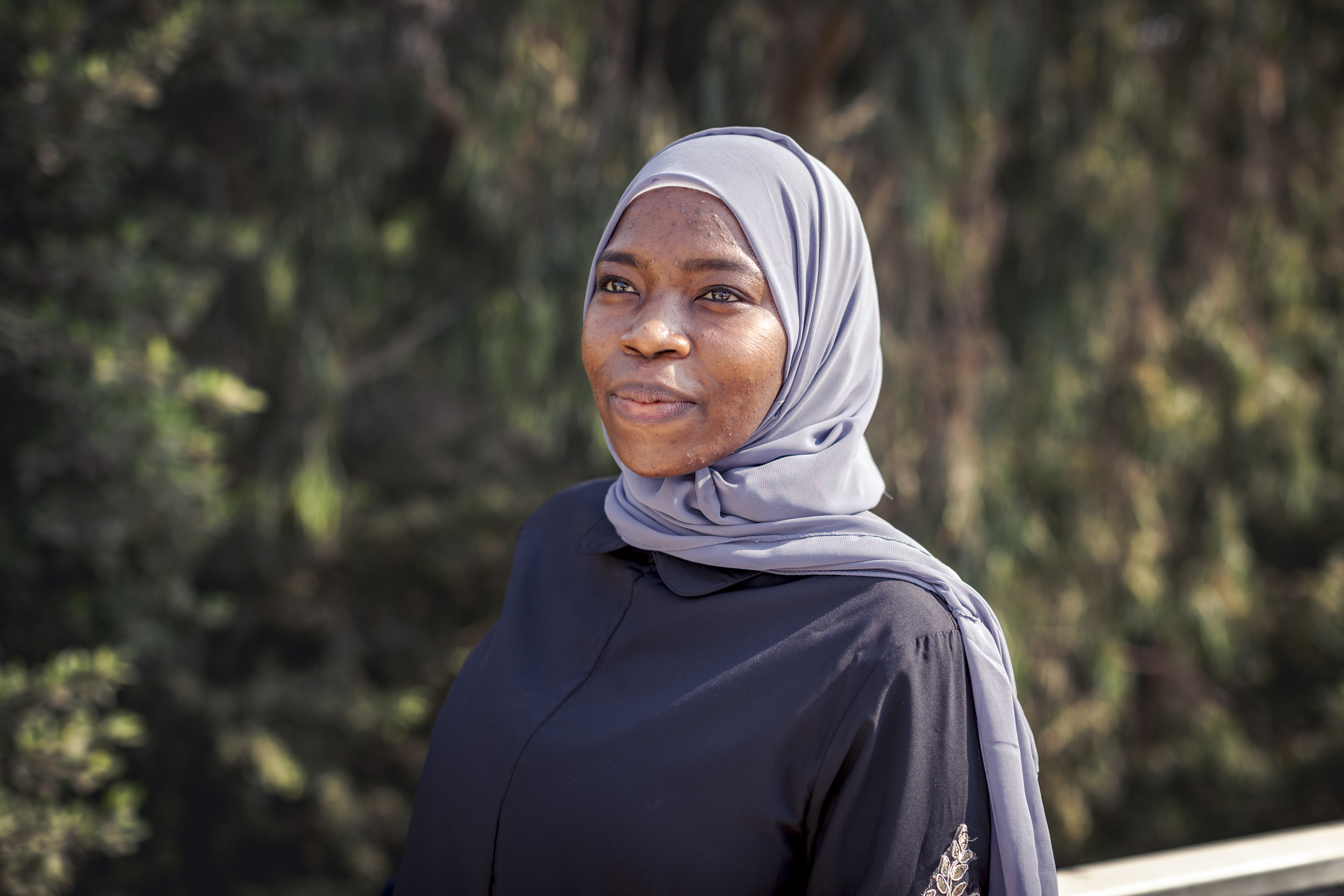Hope for Malaysia's home-learning Rohingya refugees - the Harvest Centre
Hope for Malaysia's home-learning Rohingya refugees - the Harvest Centre

KELANG, Malaysia, July 14 (UNHCR) - On the weather-beaten porch of a small terrace house in the town of Kelang a young Rohingya refugee steps up to a whiteboard, writes a message and reads out what she has written to a group of restless children.
But 13-year-old Jamilah is not a student in the informal class - she is the teacher. Her Rohingya refugee community cannot afford to hire someone to teach the 11 students, while the only subject she can teach is Islamic studies.
The children in her class, like most of the 3,600 Rohingya refugee children in Malaysia, are not getting a basic education due to financial and bureaucratic obstacles. That is why Malaysia's 12,000-strong Rohingya community - Muslim refugees from north-east Myanmar - frequently set up classes in their homes to make up for the lack of formal education.
In a nearby madrassa (religious school), community elder Ustaz Hashim recites a laundry list of items that the school cannot afford, including a full-time teacher and books. Here too, Hashim teaches only Islamic studies and the Koran to a group of 20 students aged between seven and 12 years.
"But this is not enough," he said. "The children need to learn how to read and write. They must know how to count. They must know science and geography. What future will our Rohingya children have without knowledge?"
More than 70% of Rohingya children are of school age. They can enter public schools, but as foreigners they are categorised as "permanent resident," which means they must pay higher fees, buy their own books and face a lot of red tape. Most cannot afford the extra costs. Access is also restricted as most of the refugee children do not have birth certificates, a legal prerequisite for admission.
But a lucky few Rohingya children - such as Nur Hassan bin Nur Mahmud and Mohammed Hassan - are getting access to a decent education. The 15-year-olds had studied for five years at a public school in Sentul, Kuala Lumpur when school authorities realised they were not Malaysians and more than doubled their school fees. Their parents were forced to pull them out of school.
"I like to study Bahasa Malaysia and writing. I got A's for every writing test," said Mohammed Hassan. His schoolmate had also been doing well. Reverend Elisha Stavinder, who runs a school for the underprivileged, heard of their case and gave them places at the Harvest Centre two years ago.
About half of the centre's 122 students are Rohingya refugee children. Believed to be Malaysia's first Montessori school for marginalised children, Harvest Centre was set up in 2004 with seed funding from World Vision and is run on public donations. The school, which has 11 full-time staff and a host of volunteers, recently entered into an operational partnership agreement with UNHCR.
The students learn all subjects that are taught in public schools, but at a pace geared to suit their individual needs. Harvest Centre is a dream environment for the refugee children - a far cry from their own crowded homes. It is spacious, well-ventilated, brightly furnished and well-equipped. There are science, music and computer labs, a kitchen for home economics and a youth centre. The children are given three meals a day and attend the school for free.
"We are in the business of restoring dignity. We will not compromise on this," Stavinder said, responding to public comments that the centre is too good for underprivileged children. "We're giving these children something they never had."
Stavinder believes in establishing an environment that enables children to aspire for something greater than what they have at home, to find positive role models and to be able to dream of a future very different from their current realities.
Aside from usual running costs, Harvest Centre also takes on assorted welfare causes on behalf of the children. Nur Hassan, for instance, is earmarked for college with funding from the centre.
Stavinder and his teachers spend hours persuading parents to allow children to remain in school when the family wants the children to go out to work. One proud father, Abdullah, pointed out his daughter and said his children would be staying at school and learning skills for a better future.
"I want them to find good work, so they never have to be poor like me," said Abdullah, who has spent all his life in Malaysia but missed out on a proper education. "I learnt English, but I would like to learn computers so I can do more than sell ice cream."
At the end of June, there were some 47,000 refugees and asylum-seekers in Malaysia, including almost 9,000 children. Only about 600 of these children are recorded by UNHCR as having access to schooling.
By Yante Ismail in Kelang, Malaysia








